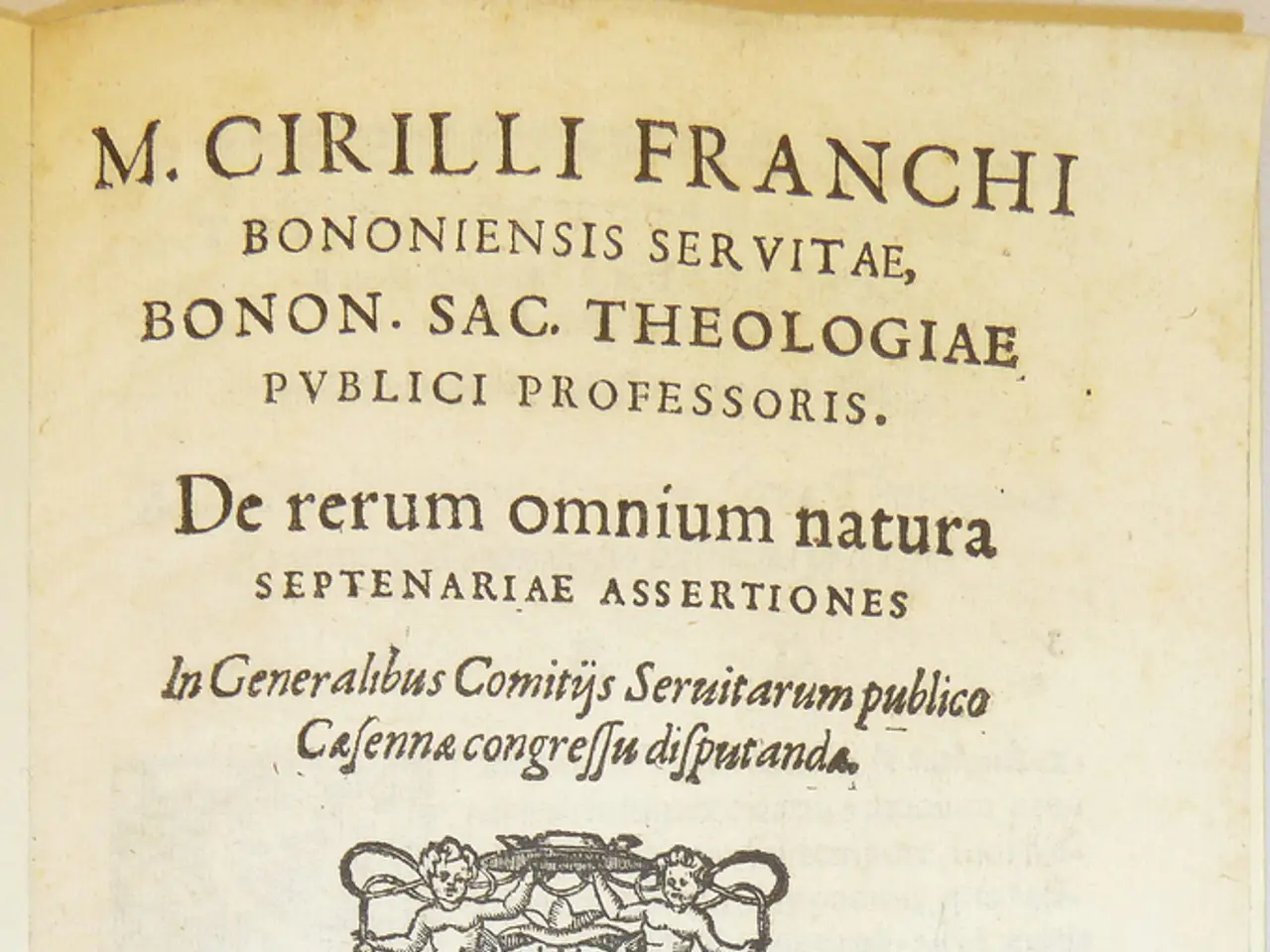UK financial regulatory body, the FCA, mulls over a looser regulatory frame for stablecoins and cryptocurrencies.
The Financial Conduct Authority (FCA) in the UK has unveiled a new prudential regime for stablecoin issuance and crypto-asset firms, aiming to strike a balance between financial stability and innovation.
Under the new regime, any UK-issued stablecoin must be backed 100% by real-world assets (RWA), primarily high quality liquid assets (HQLA). Unlike previous rules, a portion of these backing assets can be invested in remunerated HQLA, allowing stablecoin issuers to earn some return on their reserves rather than holding them all as non-yielding cash or equivalent.
The regime also proposes holding limits during a transitional period. Individual holders may be restricted to around £10-20k, while businesses could be allowed up to £10 million. These limits aim to ensure a smooth transition in the systemic stablecoin market and reduce the risk of sudden credit drops to the economy.
The Bank of England is considering introducing these holding limits and will consult further on the details throughout 2025 before finalising these provisions.
The FCA has also outlined enhanced transparency and reporting requirements for stablecoin reserves, as well as limits to mitigate rapid outflows and financial stability risks.
In comparison, US stablecoin issuers, under the GENIUS Act, are required to maintain 1:1 fiat reserves with monthly audits and cannot offer interest or staking rewards on user stablecoin balances. This highlights the UK’s relatively flexible approach in allowing partially remunerated reserves.
The FCA has published two consultation documents on stablecoin issuance, crypto custody, and a prudential regime for crypto-asset firms. The regulator also envisions one of the use cases for stablecoins as the settlement of wholesale or institutional transactions.
Custodians of the reserves must be independent of the issuer, and responses to these consultations are expected by 31 July.
In April, HM Treasury published draft regulations for crypto-assets and stablecoins, which excluded foreign issuers of stablecoins from regulations. The FCA's initial proposal for stablecoin reserves required backing assets to be restricted to on-demand bank deposits and short-dated government bonds with a maturity of one year or less.
However, the FCA now plans to allow other assets, including longer-dated public debt, repurchase (repo) agreements and reverse repo, and public debt money market funds for stablecoin reserves.
This framework aims to position the UK as a cryptoasset jurisdiction striving for robust but flexible regulation, setting it apart in the global regulatory race. Notably, Hong Kong passed stablecoin legislation last week, and the US is advancing its GENIUS Act stablecoin bill.
References:
[1] FCA Consultation Paper 23/2: Stablecoin Arrangements (issuance and redemption) and Cryptoasset Custodian Services (https://www.fca.org.uk/publications/consultation-papers/cp23-2-stablecoin-arrangements-issuance-and-redemption-and-cryptoasset-custodian-services)
[2] US House Financial Services Committee's Stablecoin Innovation and Access to Credit Act of 2022 (https://financialservices.house.gov/uploadedfiles/genius_act_117th_congress.pdf)
[3] Bank of England’s Cryptoassets Taskforce: Stablecoins and Central Bank Digital Currencies (https://www.bankofengland.co.uk/-/media/boe/files/boe-publications/other-publications/2022/cryptocurrencies-and-the-future-of-central-bank-money/cryptoassets-taskforce-stablecoins-and-central-bank-digital-currencies-report.pdf)
- The Financial Conduct Authority (FCA) in the UK has revealed a new prudential regime for stablecoin issuance and crypto-asset firms that aims to harmonize financial stability with innovation.
- Under the new regime, any UK-issued stablecoin must be backed by 100% real-world assets (RWA), primarily high quality liquid assets (HQLA), with a portion allowed to be invested in remunerated HQLA for earning returns.
- The FCA has also proposed transparency and reporting requirements for stablecoin reserves, holding limits during a transitional period, and rules to mitigate rapid outflows and financial stability risks.
- The UK's flexible approach to cryptoasset regulation, such as allowing partially remunerated reserves, positions it as a jurisdiction seeking robust but flexible regulation, setting it apart in the global regulatory race.




